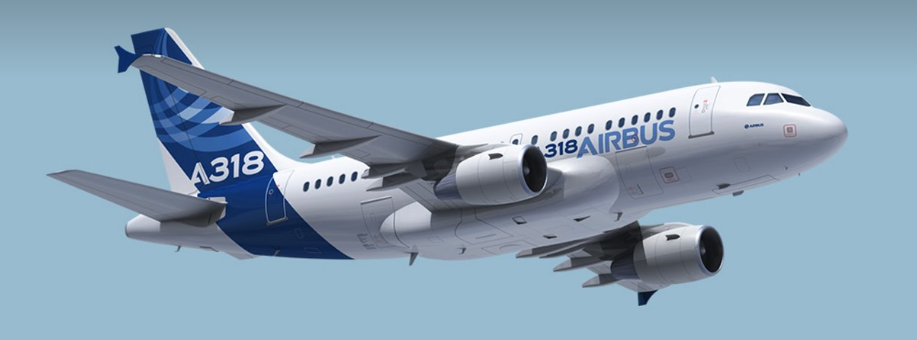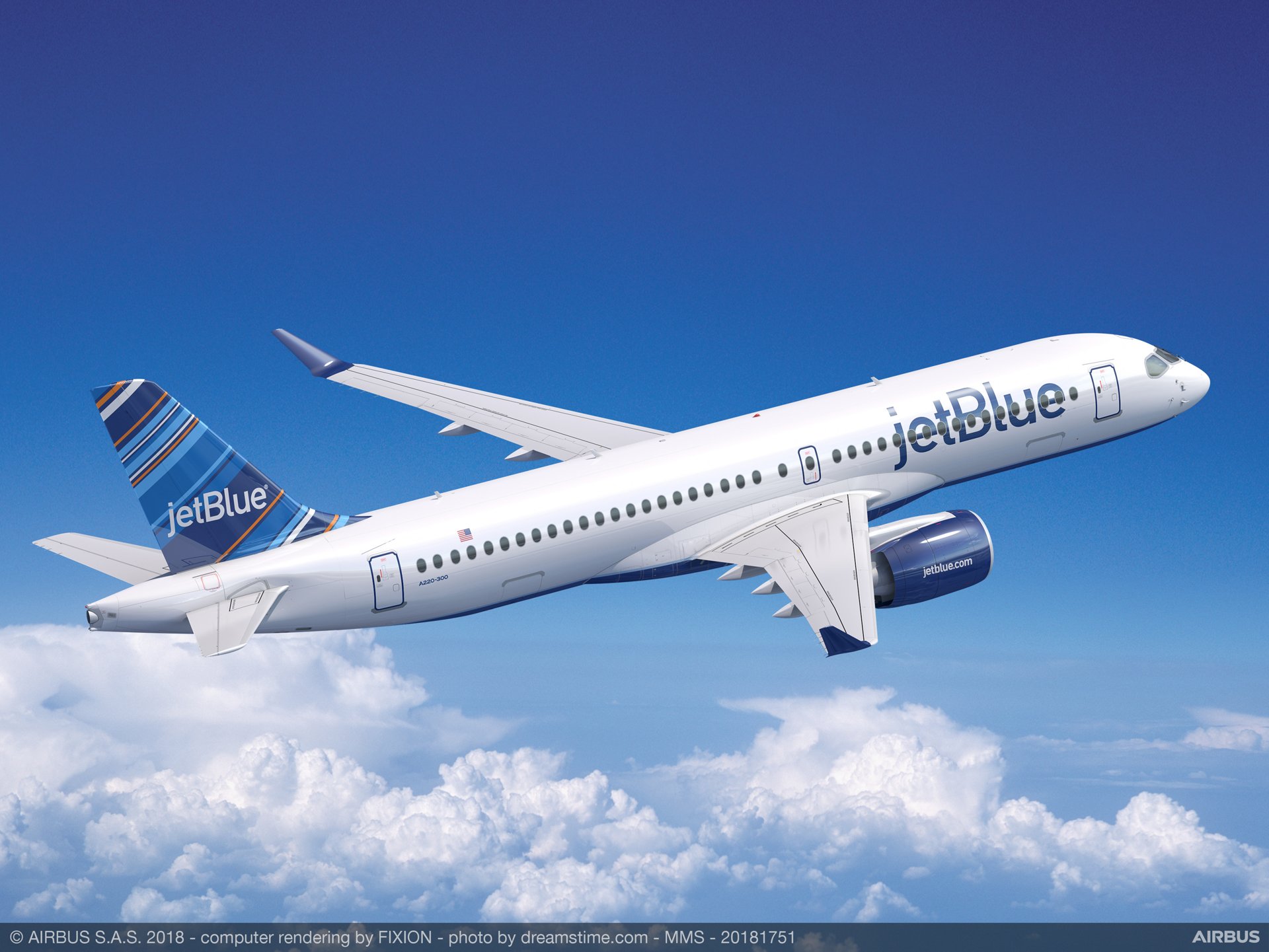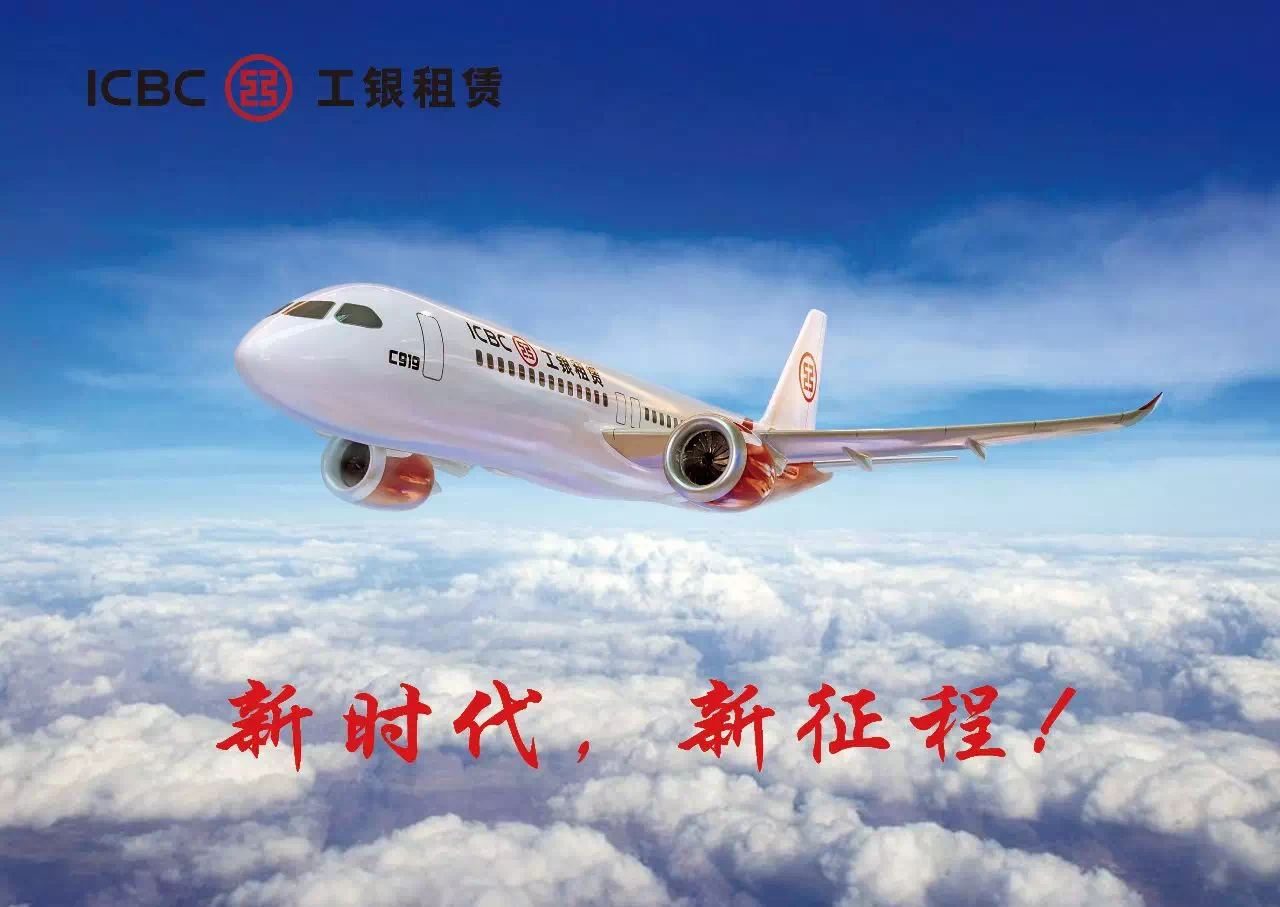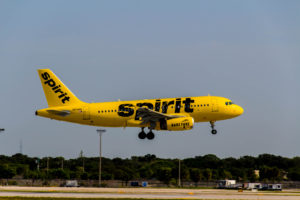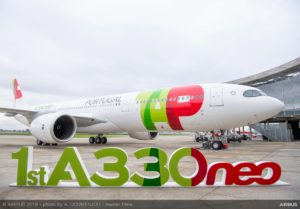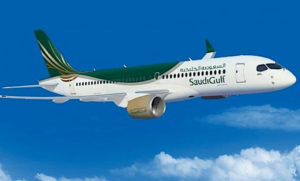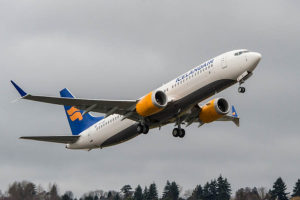- Deliveries total 800 aircraft, 11 percent higher than in 2017
- Net orders total 747, backlog increases to 7,577 aircraft
Airbus SE (stock exchange symbol: AIR) delivered 800 commercial aircraft to 93 customers in 2018, meeting its full year delivery guidance and setting a new company record. Deliveries were 11 percent higher than the previous record of 718 units, set in 2017. For the 16th year in a row now, Airbus has increased the number of commercial aircraft deliveries on an annual basis.
In total, the 2018 commercial aircraft deliveries comprise:
- 20 A220s (since it became part of the Airbus family in July 2018);
- 626 A320 Family (vs 558 in 2017), of which 386 were A320neo Family (vs 181 NEOs in 2017);
- 49 A330s (vs 67 in 2017) including the first three A330neo in 2018;
- 93 A350 XWBs (vs 78 in 2017);
- 12 A380s (vs 15 in 2017).
In terms of sales, Airbus achieved 747 net orders during 2018 compared with 1,109 net orders in 2017. At the end of 2018, the backlog of Airbus commercial aircraft reached a new industry record and stood at 7,577 aircraft, including 480 A220s, compared with 7,265 at the end of 2017.
“Despite significant operational challenges, Airbus continued its production ramp-up and delivered a record number of aircraft in 2018. I salute our teams around the globe who worked until the end of the year to meet our commitments,” said Guillaume Faury, President Airbus Commercial Aircraft. “I am equally pleased about the healthy order intake as it shows the underlying strength of the commercial aircraft market and the trust our customers are placing in us. My gratitude goes out to all of them for their ongoing support.” He added: “As we look to further increase our industrial efficiency, we will continue making the digitalisation of our business a key priority.”
Over the last 16 years, Airbus has steadily increased its production year-by-year with the final assembly lines in Hamburg, Toulouse, Tianjin and Mobile complemented by the addition of the A220 line in Mirabel, Canada, during 2018. A notable contribution to Airbus’ delivery increase in 2018 came from the final assembly lines in the US and China. For the top-selling A320 Family in particular, the Final Assembly Line (FAL) in Mobile, Alabama, saw its 100th delivery, and is now producing in excess of four units per month. Meanwhile, Airbus’ “FAL Asia” in Tianjin, China, achieved its 400th A320 delivery, while in Germany Airbus commenced operations of its new, fourth production line in Hamburg. Overall, the A320 programme is on track to achieve rate 60 per month for the A320 Family by mid-2019. The Airbus teams successfully reached an important industrial milestone for the A350, achieving the targeted rate of 10 aircraft per month.
Airbus will report Full Year 2018 financial results on 14 February 2019.
Footnote:
The Full-Year 2018 net orders and backlog represent the contractual view. The Full-Year 2018 backlog value will be measured under IFRS 15 and will reflect the recoverable amount of revenues under these contracts. A significant reduction in order backlog value is expected mainly due to the adjustment for net prices versus list prices. The FY 2017 backlog will not be restated.

Story and image from http://www.airbus.com
